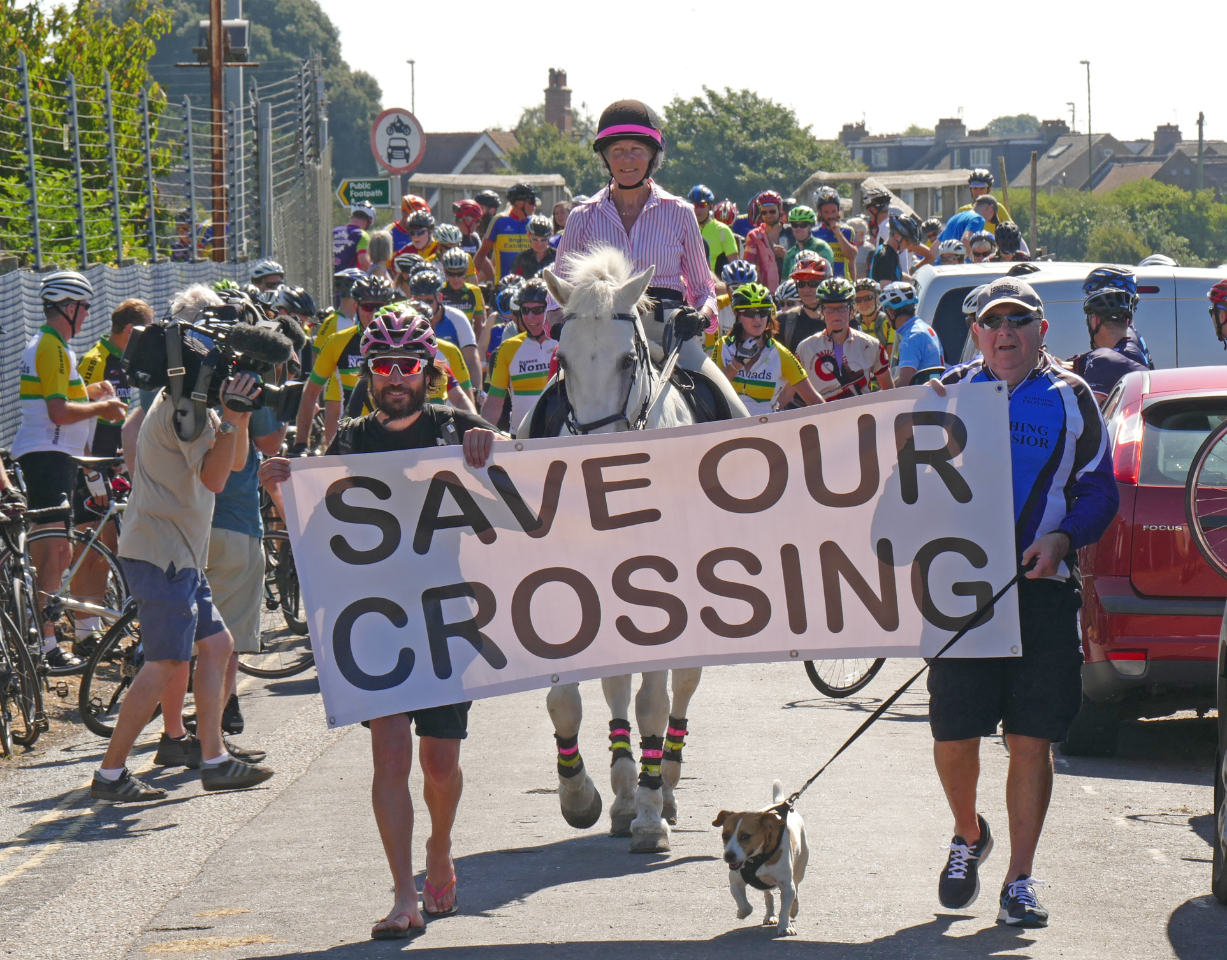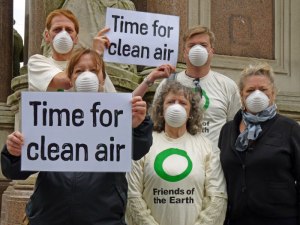We’re urging Brighton & Hove City Council to refuse permission for the Toads Hole Valley development when it is reconsidered on 25 May, 2022, due to it undermining key local and national targets. This is the city’s biggest greenfield site and was meant to be an exemplar of sustainable development. Instead it is a shining example of everything that is wrong with transport planning: the development will unnecessarily increase traffic, congestion and pollution within the city.
The city has the ambition to be net-zero by 2030, supported by both Labour and the Greens, yet this development will undermine that. It will increase emissions from transport, when it is likely we will need to reduce traffic in the city by around 25 – 50% to meet this target.
The proposed bus service is inadequate, even before concerns that the money set aside for it will remain sufficient due to rapidly rising inflation. There are also no safe cycle facilities connecting the development with the city, and their future development is prejudiced by the main junction design.
The Travel Plan for the site is set to lock in polluting travel behaviour. Its level of ambition so poor, that it will undermine the Government target for over a half of all journeys in urban areas to be walked and cycled by 2030. Nearly one quarter of all the homes in the first phase will have no access to public transport or cycle infrastructure except into the National Park. This will lock them into car-based lifestyles. The rest of the development will fare little better.
Chris Todd of BHFOE said:
“The usual obsession with modelling traffic levels, without first aiming to maximise a reduction in car use has resulted in the all too familiar results: rising traffic, increased pollution and congestion, and scarce resources being wasted on building bigger junctions. We need a different approach.
“How can a development in the 21st century have no cycle links into the city and not come with a high frequency bus service? The fact that the highways authority appears to have completely ignored these issues is even more worrying. It provides bland reassurances that further improvements can be sought later on, but the junction design for the main entrance will prejudice links to Nevill Road and elsewhere.
“The Travel Plan, while containing an impressive list of actions, is effectively admitting failure with its very weak targets and expectation of huge car dependency. While it will encourage new residents to reduce car use when they move in, they can only do that if there are safe and attractive options. Nearly a quarter of the residents won’t have access to any cycle or bus links into the city when they move in, while the rest will only have access to an inadequate bus service.
“For people to even consider calling this an exemplary sustainable development is beyond belief. It is a massive wasted opportunity which will cause great harm to the city with more traffic and pollution. What is most shocking is that the lack of scrutiny of transport issues has left the Planning Committee in the dark. This will have skewed their conclusions last time and could skew them again. The development should be rejected until these critical issues are resolved.”

